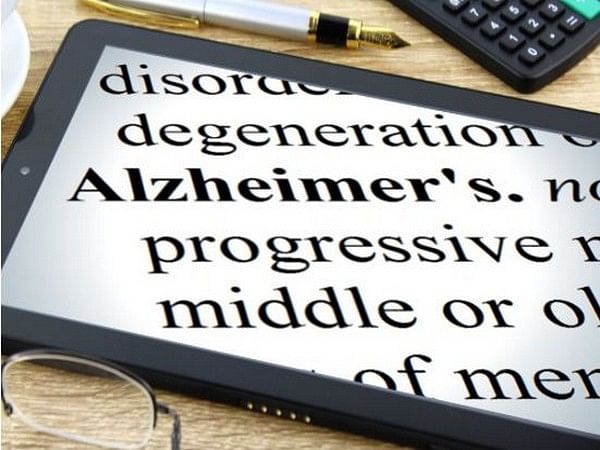Ohio [US], February 9 (ANI): Millions of older Americans are suffering from cognitive impairment. However, dementia–an abnormal decline caused by illnesses such as Alzheimer’s, cerebrovascular disease, and Lewy body disease–can account for only around 41 per cent of this decrease statistically. Prior research has discovered several other factors that may also contribute to cognitive decline, ranging from genetics to early childhood nutrition, but the proportional importance of these factors remains unknown.
A new study investigates the relative statistical correlations between numerous life circumstances and cognitive decline in senior Americans, emphasising knowledge gaps that must be filled in order to decrease cognitive decline. Hui Zheng of Ohio State University in the United States and colleagues will publish their findings in the open-access journal PLOS ONE.
To shed new light, Zheng and colleagues analyzed data from 7,068 American adults born between 1931 and 1941 who were part of a larger study–the Health and Retirement Study–that regularly measured their cognitive function from 1996 to 2016. The study also collected extensive information on personal factors that could contribute to cognitive declines, such as socioeconomic factors, physical health measures, and behaviours including exercise and smoking.
Together, the many factors considered in the study statistically accounted for 38 per cent of the variation between participants in their level of cognitive function at age 54. Among those factors, personal education, race, household wealth and income, occupation, level of depression, and parental education were the biggest statistical contributors to that population-level variation, with early life conditions and adult behaviours and diseases contributing less.
However, all of the considered factors accounted for only 5.6 per cent of the variation in how participants’ cognitive function changed with age.
Unlike many prior studies, this study also distinguished between age-related cognitive decline and cognitive decline that is unrelated to getting older. Age accounted for 23 per cent of the variation in how cognitive function changed from age 54 to 85, but the remaining 77 per cent could not be statistically accounted for by the many factors considered.
These findings suggest that more research is needed to identify the major factors contributing to the rate of cognitive decline, which could help inform medical treatments, policies, and equity-based strategies to slow the decline.
Hui Zheng adds: “Adulthood socioeconomic conditions have a predominant role in shaping the level of cognitive functioning. Future research is urgently needed to discover the main determinants of the slope of decline to slow down the progression of cognitive impairment and dementia.”
Kathleen Cagney adds: “Understanding cognitive health, and cognitive decline, is paramount. We must take the long view, with attention to the timing and nature of life experiences, if we are to gain fundamental insights that can inform care and treatment.” (ANI)
This report is auto-generated from ANI news service. ThePrint holds no responsibility for its content.



